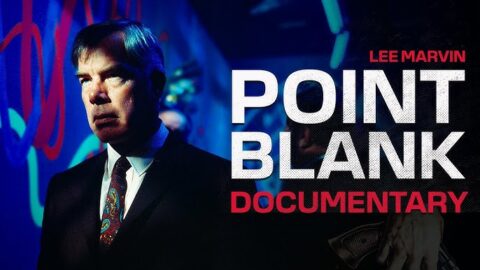Mektoub, My Love: Canto Uno (2017) – A Slow-Burning Meditation on Youth, Desire, and Destiny
Directed by Abdellatif Kechiche, Mektoub, My Love: Canto Uno is a sensual, sun-drenched epic of youth and longing. Spanning nearly three hours, the film unfolds at a leisurely, immersive pace, capturing a summer in the lives of a group of young adults in a coastal town in the south of France. Kechiche, known for his emotionally charged realism in Blue Is the Warmest Color, takes a different route here—prioritizing atmosphere, bodies, glances, and slow-building tension over structured plot.
The story centers on Amin (Shaïn Boumedine), a reserved aspiring screenwriter who has returned from Paris to spend the summer with his family. He reconnects with his cousin Tony (Salim Kechiouche) and friend Ophélie (Ophélie Bau), the latter becoming the focus of a quiet emotional storm. While Tony and others move through a whirlwind of hookups and parties, Amin remains mostly an observer, his camera always nearby, capturing fleeting expressions, moments of desire, and beauty in the mundane.
The film thrives in its refusal to rush. Conversations stretch out, glances linger, and everyday events—meals, walks, late-night swims—are drawn out in real time. Kechiche’s style here borders on voyeuristic, with long, almost hypnotic scenes set in clubs, beaches, and bedrooms, all bathed in the warm glow of Mediterranean sunlight. The camera worships the physical form—especially the female body—which has garnered both admiration and criticism. Some have accused the film of objectification, while others defend its visual poetry and celebration of sensuality.
What elevates Mektoub beyond surface beauty is its undercurrent of unspoken yearning. Amin’s quiet presence, his hesitations, and his soulful gaze contrast the more impulsive, hedonistic behaviors of those around him. There is a tension between passivity and desire, observation and participation, which Kechiche subtly weaves into the fabric of the film. The title itself, “Mektoub,” meaning “it is written” in Arabic, hints at fate and inevitability—suggesting that, no matter how slowly life unfolds, certain emotions and events are predestined.
Mektoub, My Love is not for everyone. Its deliberate pace and repetitive scenes can feel meandering. But for those willing to surrender to its rhythm, it offers a rich, tactile experience—a lingering ode to summer youth, aching desire, and the elusive nature of connection.
A sequel, Mektoub, My Love: Intermezzo, premiered at Cannes in 2019, continuing Kechiche’s exploration of this world—though not without stirring fresh controversy. Still, Canto Uno remains a unique cinematic mood piece, both intimate and epic in its portrayal of longing and the poetry of everyday moments.







